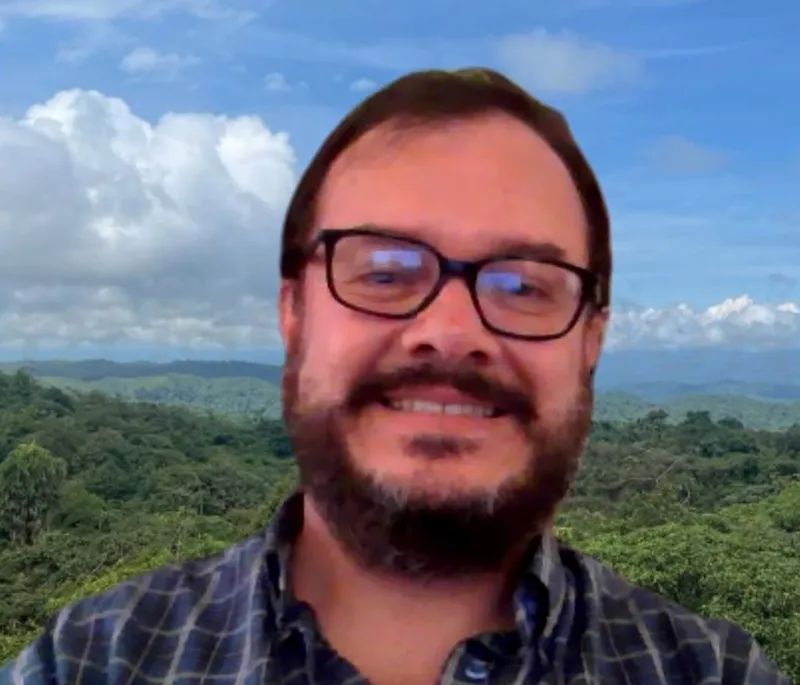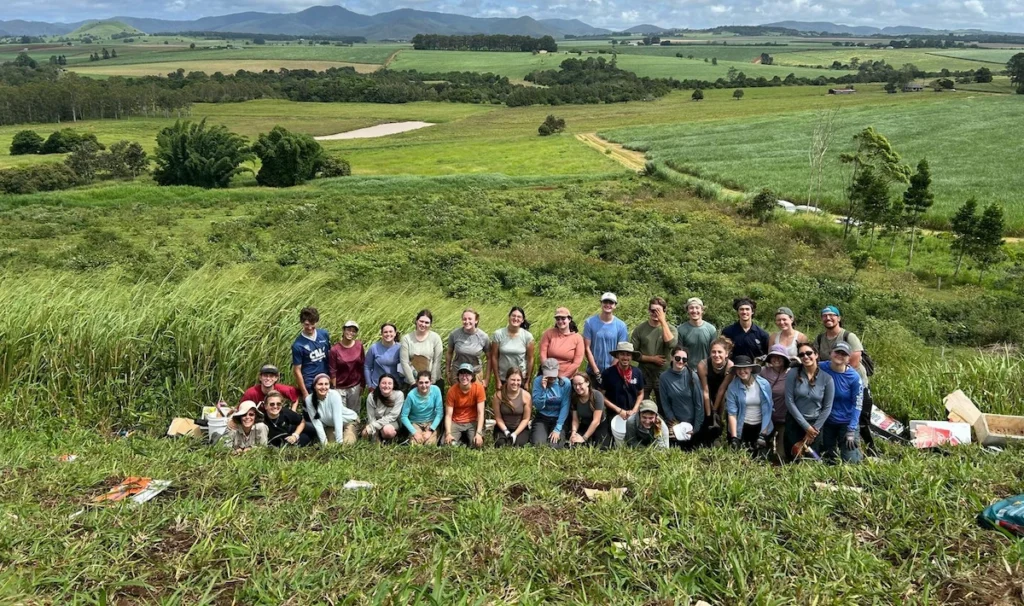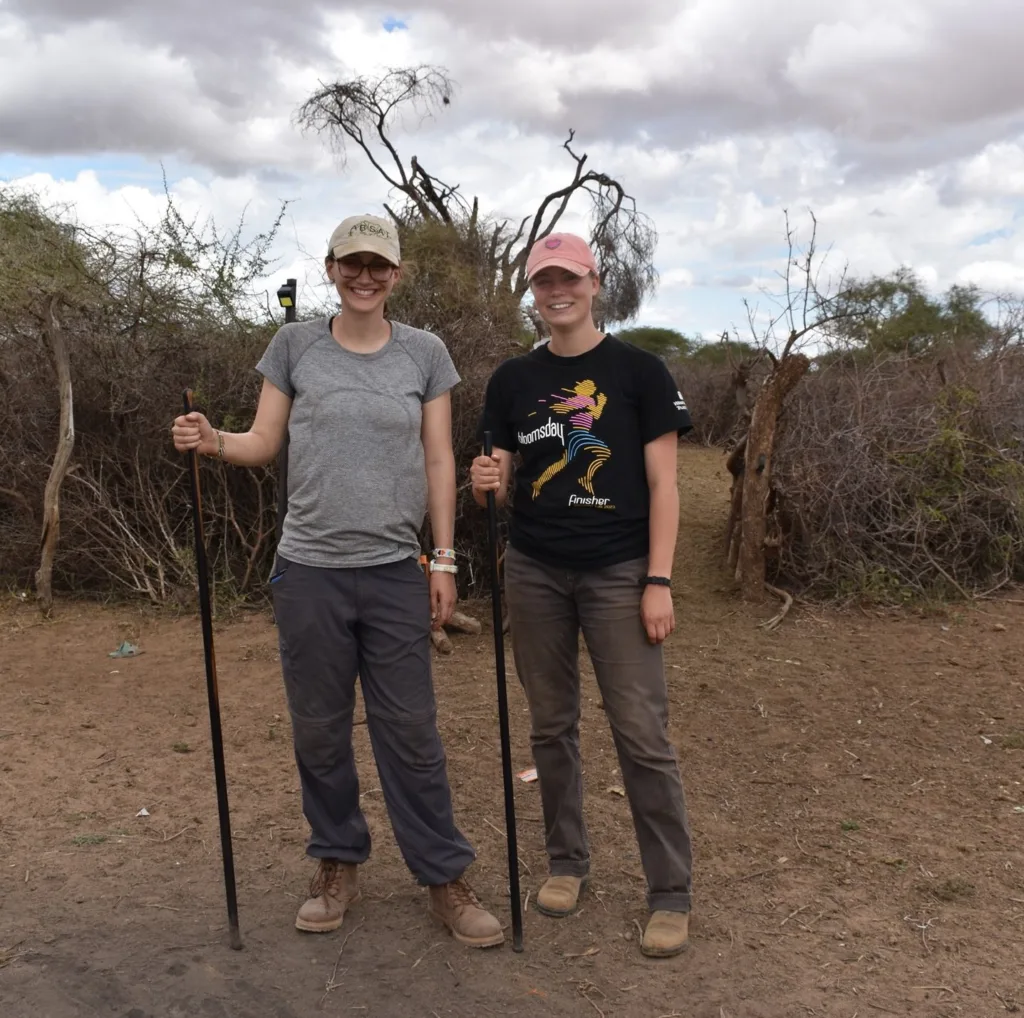
By: Gerardo Avalos, PhD
Paradigm Shift: The Center for Ecological Resilience Studies
The Center for Sustainable Development Studies in Costa Rica is upgrading to The Center for Ecological Resilience Studies:
In recent years, the terms “ecological resilience” and “social resilience” have become increasingly relevant in debates on social, economic, and ecological sustainability. Ecological resilience is defined as the ability of ecosystems to absorb and recover from disturbances, while social resilience refers to the ability of societies to resist and adapt to shocks and stresses, such as swings in the global economy, wars, and climate change.
The Vulnerability of Tropical Countries
Tropical and neotropical countries are particularly vulnerable to the impacts of climate change, which threaten the functionality of their fragile ecosystems and their capacity to provide critical environmental services, such as clean water, climate regulation, pollination, clean air, and soils and weather conditions suitable for agriculture. Many of these countries have small economies and rely on their natural resources not only to generate economic income but also to produce enough food. Tropical regions also face a variety of social challenges, such as social injustice, racism, corruption, poverty, inequality, and weak governance.
Embracing a Paradigm Shift
In the face of these challenges, there is an urgent need to generate new approaches to economic development integrating ecological and social resilience. It is within this context that the Center for Sustainable Development Studies is now the Center for Ecological Resilience Studies as we shift paradigms and approach the issues of biodiversity conservation, the management of natural resources, and social justice with a more practical, down-to-earth vision that centers ecological and social resilience. In our programs and courses, we will examine the application of ‘resilience thinking’, which is based on the recognition that socio-ecological systems are complex, multidisciplinary, dynamic, often unpredictable, and strongly interdependent with nature.
The Importance of Resilience Thinking
Resilience emphasizes the need to build flexibility and redundancy into systems so that they can withstand and recover from diverse sources of change and stressors. For this, it is necessary to strategically distribute limited economic resources, as well as encourage social policies that strengthen education, investment in public health, fair economic development, and biodiversity protection. Resilience implements a strategy of prevention and preparedness for future crises, which is essential with the advent of climate change, since extreme weather events have become more frequent, intense, and unpredictable, and more capable of generating social distress.
Resilience thinking has been applied in a variety of contexts, including disaster reduction, climate change adaptation, and the implementation of social justice policies. This new paradigm must generate the ability to adapt to changes in the short term. Building this capacity should be an urgent priority in tropical countries, many of which are in areas that are especially vulnerable to climate change.
The Interconnection of Environmental and Social Justice
In this vision of resilience, there can be no environmental justice without social justice, or resilient natural systems without resilient social systems. Therefore, it is essential to improve government structures and institutions, especially in the case of countries that suffer endless authoritarian governments. Social resilience emphasizes reducing the high levels of poverty and inequality still prevalent in many areas of the world where people still do not have access to essential services, and in particular, opportunities for education and social change.
Integrating resilience thinking into our educational and research programs will stir new learning opportunities congruent with the long history of service of The School for Field Studies in Costa Rica, its students, faculty, and staff. The paradigm shift is necessary to strengthen our educational approach and adapt it to the most important challenges that future generations—among them our next environmental leaders—will face in the 21st century.
Related Posts

Cinder Cone Chronicles: Lessons from Drought, Data, and Determination

